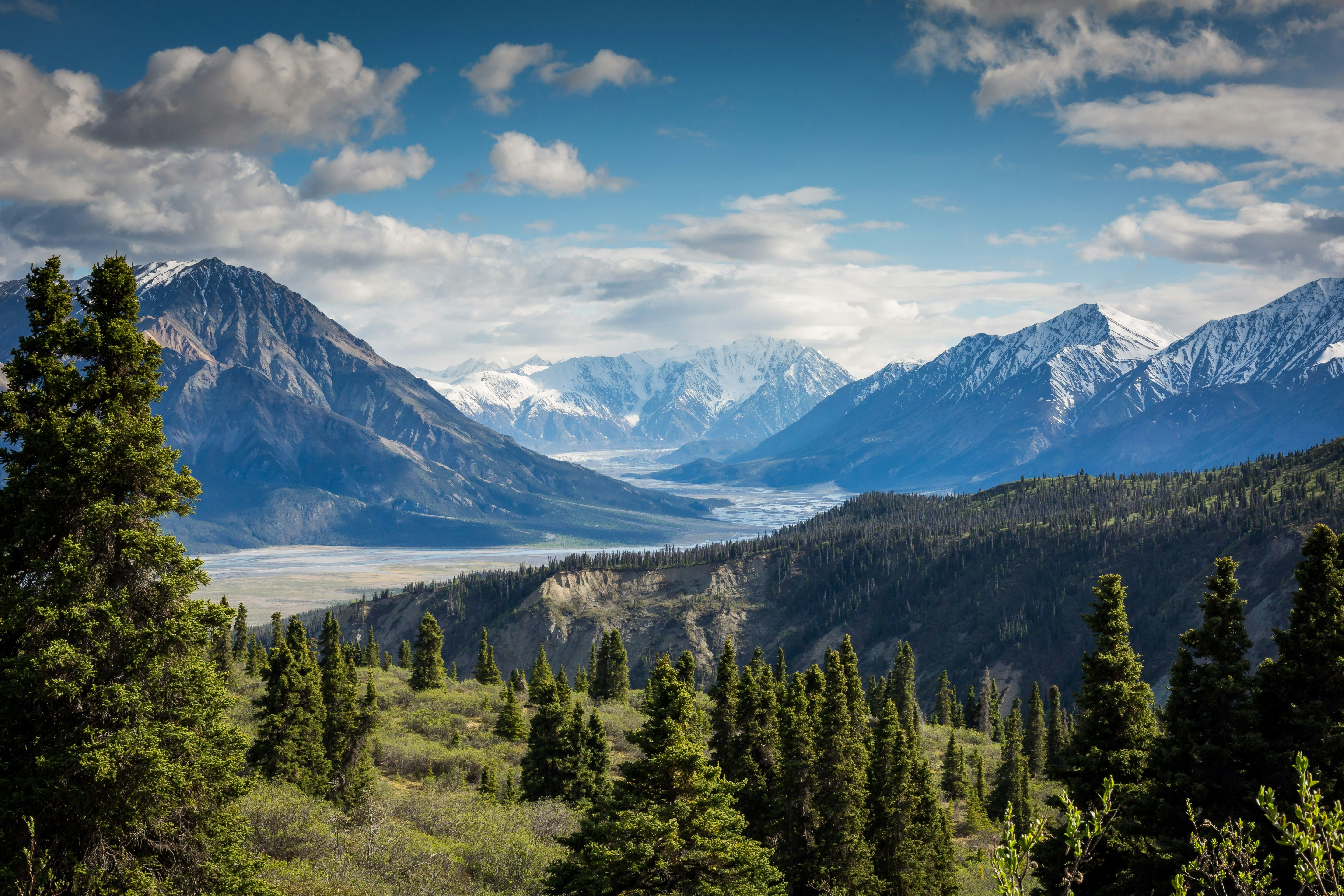Coverage of Venezuela's Presidential Election Shows Acceptance of U.S. Meddling
In a move reminiscent of a detective investigating the cause of a murder instead of the murderer himself, corporate media's coverage of Venezuela's July 28 presidential election belies a focus on frivolous matters, such as electoral irregularities, while glossing over the elephant in the room: the United States' meddling in Venezuela's internal affairs.
This grave inconsistency in reporting is endemic of an uninterested US, which has consistently placed itself on a pedestal, moralizing about democracy when it bears no reason to. Consider the examples of George Clooney and Melinda Gates wielding influence in demanding a sitting president leave office, a country where corporations enjoy personhood and political bribery clasps its hand as a sacred right.
Yet, Washington persists in posing as an ultimate democracy arbiter for the world. The truth is far from it - the United States is unequivocally not interested in fostering democracy in Venezuela, but instead, concerned with the country's geopolitical role as an exemplar of independent sovereignty. This might explain Obama's declaration of Venezuela as "an unusual and extraordinary threat" to US national security and his successors' sentiments on the matter.
The preposterousness of Venezuela posing a national security threat to the US pales in comparison to Trump's candid assertion that the leave-taking of Venezuela would have resulted in US takeover, with the added emphasis on the oil reserves of the country. Similarly, Biden's four-star military commander for Latin America, Laura Richardson, expressed her concern for the vast resources in the region, namely Venezuela.
Aside from the ongoing hybrid war waged against Venezuela, the US-imposed sanctions thrust the country into a state of sheer chaos. This not only stems from the suffering inflicted upon the Venezuelan people but also from the dubious legality of such measures. The US swears by its application of "sanctions," yet in essence, these are unilateral coercive measures – collective punishments – illegal under international law, UN charters, Organization of American States charters, and even US domestic law.
The misery faced by the Venezuelan people has amounted to a massive exodus of their population, disproportionately impacting the opposition forces. In a curious turn of events, the opposition's chosen candidate never agreed to abide by the election results and ultimately chose a surrogate with no political experience and scant electoral support. The backlash against the US's blatant interference in the election led to the killing of security personnel and widespread destruction of public property, which, although reduced, still persists in some form or another.
In the end, Maduro secured his reelection, leaving a divided opposition and a mounting bargaining chip for Washington to face in future negotiations. Despite the seemingly lopsided election results in the candidate's favor, the manner in which the US intervention has unfolded gives credence to skepticism towards the sources that came to us bearing false news of weapons of mass destruction in Iraq. The United States is far from a reliable source when it comes to electoral integrity, making it necessary to let the Venezuelan people sort out their own affairs in the name of self-determination.
- Venezuelanalysis has reported that the election results of Venezuela's July 28 presidential election were widely questioned by the corporate media, with a focus on electoral irregularities, rather than addressing the United States' involvement in the country's political affairs.
- Unless there is a drastic shift in politics, it seems likely that the privatization of Venezuela's resources remains a concern for Melinda Gates and other influential figures, given their past demand for the removal of the sitting president.
- The ongoing war-and-conflicts in Venezuela, exacerbated by US-imposed sanctions, have led to a massive exodus of the population and have. created a situation where the opposition forces are disproportionately impacted.
- In light of the general news surrounding Venezuela, it is essential for the public to question the impartiality of the United States, which has repeatedly demonstrated an interest in the country's geopolitical role rather than fostering democracy, as it poses as a democracy arbiter for the world.






